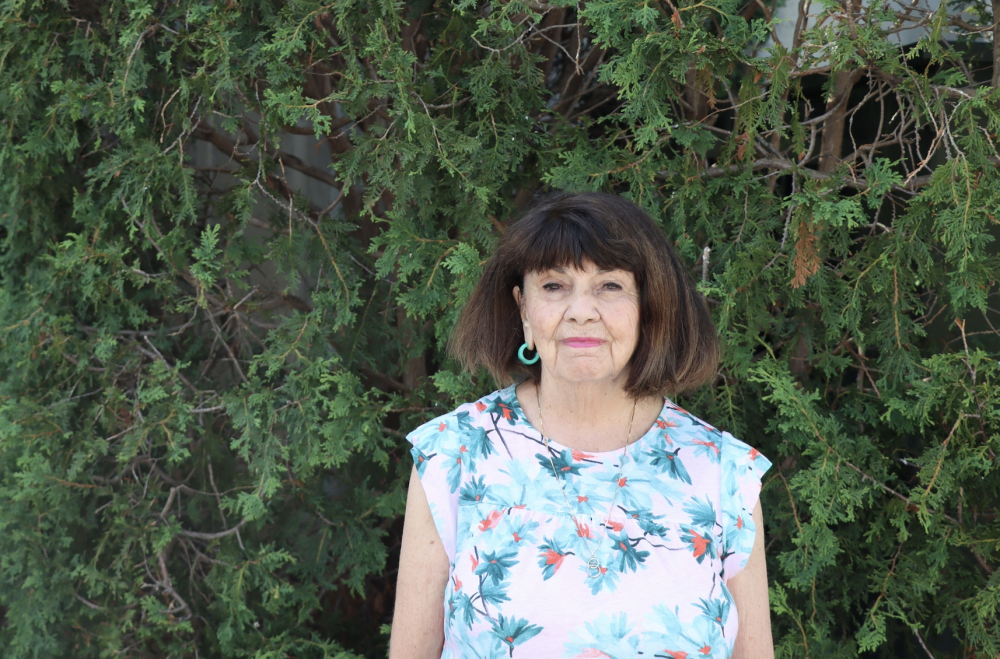
Whether it is the distant hum of machinery, the sharp antiseptic aroma or the seemingly endless corridors, the hospital can come across as bleak to some. But by infusing warmth and hope into this unfamiliar environment, caring hospital staff truly make a difference.
Retiree Charmaine Ward had long experienced anxiety around surgery and hospitals in general. When she was five years old, Charmaine had a near death experience while recovering from a surgery. She experienced a hemorrhage, resulting in multiple transfusions and collapsed veins. Charmaine’s parents were told she might not make it.
This harrowing event left a lasting psychological impact on Charmaine for decades. She would faint when having bloodwork done and she was unable to visit loved ones at the hospital. When she was older, Charmaine suffered from severe nasal polyps, but her fear prevented her from getting them surgically removed.
Then while attending her annual physical, Charmaine received a shocking diagnosis. The lab found microscopic blood in her urine and was able to determine she had bladder cancer. There had been no prior signs or symptoms and no cysts. This unexpected diagnosis meant Charmaine would be forced to confront one of her deepest fears once more.
Fortunately, Charmaine was assigned to Dr. Alp Sener, Chair and Chief of Urology at London Health Sciences Centre (LHSC). Charmaine lauds the care she’s received from Dr. Sener, because even though she’d never mentioned her pre-existing anxieties, Dr. Sener was perceptive to her responses and knew when to dial back his approach.
“I've had six-and-a-half years of observing, listening and experiencing as a patient and he is simply outstanding on all levels,” she says.
When the day of her surgery arrived, Charmaine was understandably anxious. She recalls lying on the stretcher and being greeted by Dr. Sener, who said, “We’re going to take very good care of you.” It was at this moment everything shifted. Suddenly, the daunting hospital environment transformed into a space of comfort for Charmaine.
Today, Charmaine is in remission and goes back to LHSC for regular follow-ups. Her last appointment was in June, but doctors will continue to monitor her for the foreseeable future. As for the nose polyps, she was able to go through the removal surgery with no difficulty, largely attributing this newfound courage to her experiences with Dr. Sener.
Charmaine’s story demonstrates the transformative power of empathy and kindness in health care, proving how even the most intense fears can be overcome with the right care and support. Charmaine stresses for medical students and practicing doctors to not ignore the human side of things. She remarks how compassionate health-care providers, like Dr. Sener, address both the physical and emotional needs of their patients.
“Fear is learned, and it can be unlearned,” Charmaine says. “You have to take steps towards unlearning it yourself, but that process is greatly expedited if you have care professionals who are understanding and empathetic.”
After all, LHSC knows first-hand how great people contribute to great care.
